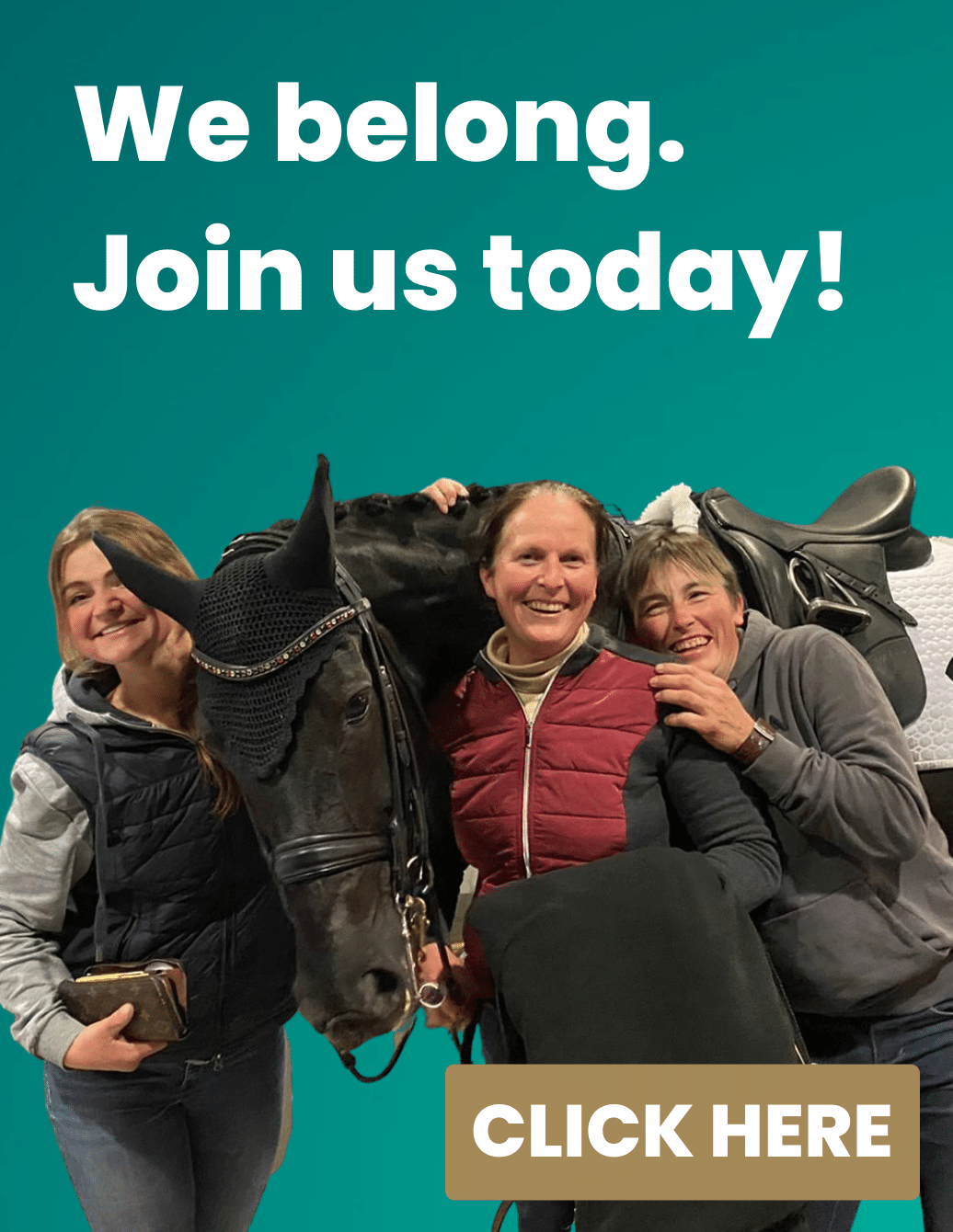Principles of Room Allocation
Background:
In previous years the issue of groom accommodation has caused challenges for organisers of FEI Events including Major Championships and Games.
Following consultation with the Board of current and former international grooms, the International Grooms Association (IGA) has developed advice for managing room allocations at FEI Events which takes account of safeguarding concerns, and the preference for single occupancy.
The IGA greatly advocates for international grooms to be accommodated in sole occupancy rooms, as per Officials, Organisers and Riders usually are, to ensure equality of provision across all stakeholders at an FEI Event.
The IGA understands that sometimes infrastructure and costs may make this difficult, however there are often valid reasons for a groom to require their own room.
The suggestions below are aimed to ensure that safeguarding is considered where shared room allocations are necessary, and that a flexible approach to sourcing a solution can be adopted if a groom wishes to be accommodated individually.
Principles of Adherence to Safeguarding:
Safeguarding does not only apply to minors. All stakeholders in equestrian sport should be assured of being accommodated in spaces where they have their own privacy and a feeling of safety and equality.
Simply allocating by gender is not sufficient. Age, gender and sexuality all need to be considered.
The ideal procedure for FEI Events which will be providing shared accommodation spaces would be for consultations to happen with riders or NFs in advance so that grooms could nominate an individual they would be happy to share with.
This could potentially be achieved by including space for such requests on the entry forms.
However, if this is not an achievable solution, individuals should be placed in rooms according to the IGA suggested ‘Principles of Allocation’. Every principle should be considered when allocating shared accommodation.
If it is not possible to allocate rooms according to these principles, there should be communication with the relevant rider or NF.
In some cases, it may be that the employer will need to pay an extra fee for individual accommodation.
The Principles of Allocation:
1. Age
Use the following age bands when allocating rooms:
• Under 18
• 18-23
• 24-30
• 31-40
• 40+
2. Gender
Societal shifts in recent years mean it is no longer appropriate to simply divide rooms by male/female without a check. Gender identity is not a straightforward issue.
For instance, it could be problematic for a female to be allocated a room shared with a transgender female.
There should be a general principle of male and female split, however there should be an opportunity for a rider or NF to submit an awareness of a groom who does not fit within this segmentation.
The IGA recommends that there should be the capacity to house individuals by themselves in circumstances where sharing would have a negative impact on their emotional and mental well-being. This relies on the groom in question disclosing their situation to their employer or NF.
3. Sexuality
The issue of different sexualities makes it more important for the groom to have a voice in who they share a room with.
For instance, a homosexual male might be uncomfortable sharing with another male and prefer to share with a female who has also agreed to that allocation.
Once again, the IGA recommends that entry forms be adapted to allow Organisers to gather this information in advance of the Event; the IGA is happy to advise with this process.





